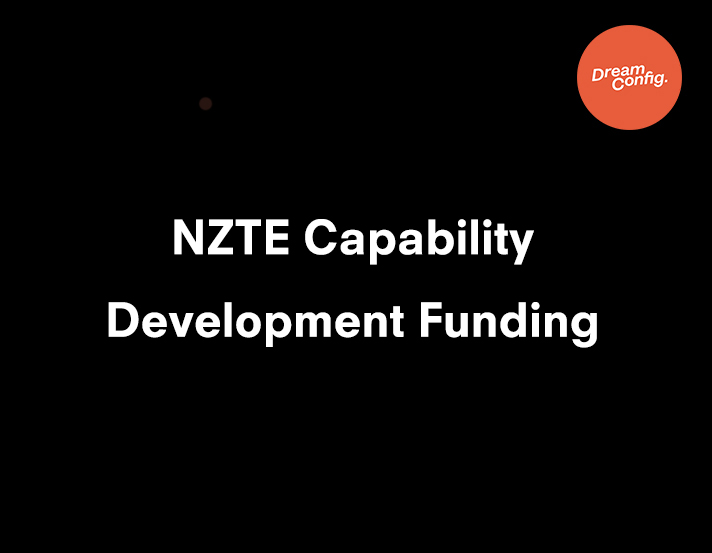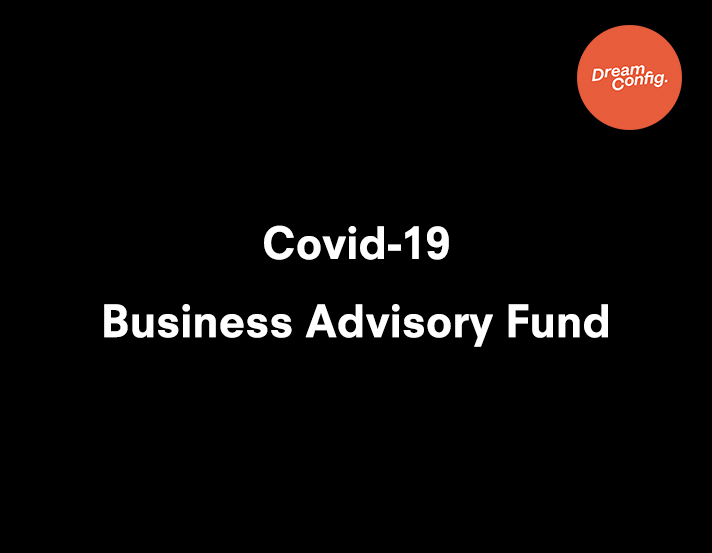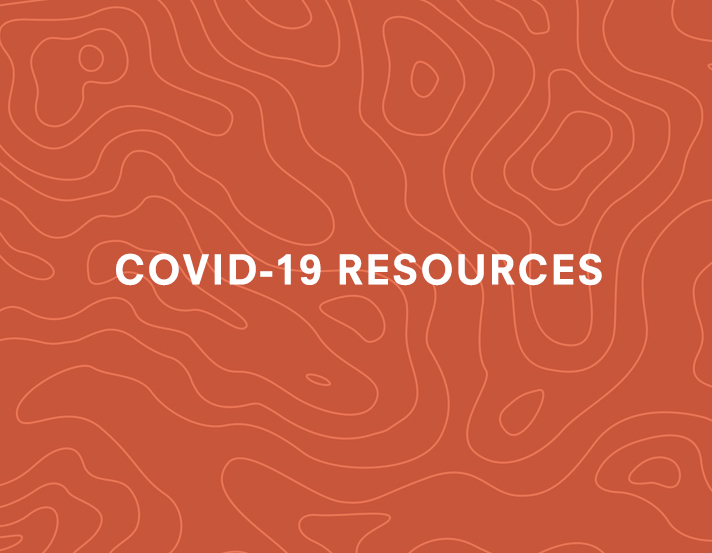Thoughts
AI in SEO is transforming how we work, create and communicate. The way people are now searching the internet for products and services is no exception.
SEO has traditionally focused on keywords, backlinks, and metadata. With the rise of AI-powered search, we're witnessing a shift into more natural language queries and dynamic, AI-generated answers rather than static listings.
While AI-powered search tools still account for a minority of global search traffic, that number is increasing fast. According to Search Engine Land, a growing percentage of younger users now turn to AI assistants first to answer questions, make product decisions or shortlist service providers.
"Gen Z (18–26): 82% have used AI search tools at least occasionally, and they favor social media for product discovery."
The moral of the story is that if your brand isn’t incorporating the SEO techniques required to be seen in these AI-generated results, you may be invisible to a rapidly growing segment of customers choosing to ditch traditional search in favour of AI search tools.
Given how rapid AI is transforming various aspects of our digital landscape, this evolution in the realm of search and brand discovery can feel overwhelming. The good news is, you are not alone.
In this blog post, we’ll walk you through the AI search fundamentals, what’s changing from our own experience and the steps you can take to stay on top of SEO within your digital marketing mix.
What Is AI-Powered Search?
AI-powered search refers to systems that use artificial intelligence - often large language models (LLMs) to interpret and respond to user queries in a more conversational, human-like way. Instead of returning a list of links, AI search tools may summarise answers, suggest follow-up questions or generate tailored recommendations.
Terms like "LLM SEO", "semantic search", “answer engine optimisation" and “search generative experience“ are gaining traction as marketers attempt to name what it means to incorporate AI into their search engine ranking strategies moving forward.
Unlike traditional SEO, which focuses on matching content to specific keywords, AI-powered search is about:
- Understanding context and intent behind queries.
- Generating original responses rather than displaying top-ranking URLs.
- Surfacing answers from a broader, more nuanced set of inputs (including forums, reviews, and brand messaging).
How AI Search Changes Customer Behaviour
The biggest shift? Fewer clicks and faster answers.
Since AI tools summarise entire web pages in seconds, users are increasingly expecting instant clarity with personalised search, or what the industry refers to as “Zero click searches”.
Furthermore, mid 2024 Google released AI overviews - a new SERP (search engine results page) feature as a way of summarising AI-specific results when their system determines that generative responses can be especially helpful.
“Studies show that 70% of users do not read past the first third of an AI Overview, emphasising the importance of being featured prominently within these summaries”
So naturally, you can see why brands and marketers alike are becoming more concerned that if they fail to be included in the AI answer list, then they might not get considered at all.
Adapting AI Search Success Factors
To thrive in the era of AI-powered search, brands need more than surface-level SEO tweaks. Success now depends on understanding how AI tools interpret, evaluate and present information to users. Here are a few key takeaways we've been observing:
-
Evolving Search Habits: More people are bypassing traditional search engines and turning to AI tools like ChatGPT, Claude and Google's browser-based AI Overviews to get faster, more tailored responses.
-
Complex Questions: Instead of short, generic search terms, users develop queries in the form of highly specific questions, requiring brands to understand the full intent and relevant information behind the query in order to stay relevant.
-
Discovery Across Formats: Search isn’t just happening on Google, and don’t be surprised if we begin to see the rise in website search bars, voice search and AI chatbots. The bottom line is that AI tools are fast becoming the connective tissue between your various platforms and channels. Whether it’s spoken, typed or clicked, customer expectations have evolved and therefore requires a more seamless discovery.
-
Trust Factor: AI-powered summaries don’t include just anyone in the results. Visibility now depends as much on credibility as it does on keywords.
So with a range of increasingly important AI search success factors now defined, here are a few actionable areas to review within your own brand potentially:
-
Smart Copy Wins: Copywriting now needs to serve two masters - people and AI. That means making it informative, engaging and easy to understand. Copywriting tools such as SEM Rush Writing Assistant or Jasper can help you achieve the right balance.
-
Relevance = Ranking: AI looks for clear, differentiated expertise. To be seen your brand must demonstrate capability, expertise and authority on specific topics you want to rank for. Get those service pages dialed!
-
Trust is the Future: Establishing and showcasing credibility through strong customer relationships is what arguably matters most in an AI-driven world. When is the last time you asked for a review?
-
Structural Integrity: Websites with clean content hierarchies, proper schema markup and intentional metadata are far more likely to be surfaced in AI-driven search. This is when investing in a properly built website matters.
As SEMrush notes in their report, brands that optimise for featured snippets, topical authority and semantic relationships stand the best chance of being featured in AI answers.
"Brands that create consistent and expert-level content power AI answers. In this new SEO landscape, authority doesn’t just rank - you become the answer."
In traditional search, being authoritative meant your site might appear in the top results. With AI-powered search, it goes one step further. If your content is deemed the most credible and relevant, it might be directly quoted or used in the AI’s answer, bypassing even the need for users to click through to your website.
What We Can Do
Ultimately, in the changing realm of AI-driven search, businesses that adjust to shifting consumer behaviour and optimise for AI across their entire digital landscape will emerge as the winners. So what can your brand do today in order to remain visible as AI-powered search grows?
1. Look at the Problem Holistically
If your SEO strategy only looks at creating blogs or getting reviews, you’re missing the entire picture. Your website structure, content strategy and on-page clarity all contribute to AI visibility.
2. Audit Content for Clarity and Intent
Ask yourself: does each page clearly answer a real customer question? Is the copywriting logically structured? Does your content align with search intent? Is it credible?
3. Implement Metadata and Schema
Keyword matches are still relevant, but only when backed by clear topical depth. Powerful Tools like Schema.org helps structure your website content in a way that both search engines and AI can easily understand. By tagging specific elements you’re giving these systems the extra context they need to display richer, more useful results.
4. Shift Your SEO Mindset
It isn’t solely about climbing the SERPs (search engine results page) anymore. It is about earning inclusion in AI summaries by providing the clearest, most useful information to your audience.
How We’re Helping Our Clients Adapt
At Dream Config, we see the rise in AI search technology not as a threat, but as an exciting opportunity for brands that are serious about continuous improvement and are ready to evolve in this space.
Our Discovery is a great starting point moving beyond guesswork in order to take calculated, strategic action at your own pace. Rather than chasing trends or running off in some random direction, together, we’ll focus on:
-
Understanding where immediate and future opportunities lie based on the overlap between how your audience is searching and where your brand can lead the conversation.
-
Aligning your website performance, user experience and content creation into a cohesive experience, so that both humans and AI clearly understand the unique value that you can offer against the competition.
-
Create a comprehensive roadmap that strengthens your visibility (how often your brand appears), credibility (trustworthiness and authority) and discoverability (how easily your brand can be found) across both traditional and AI-powered search.
In summary, SEO is no longer just about generating content and optimising for search engines. We must now be prepared for the new ways in which our customers will be searching and assessing our products and services through an AI lens.
Want to make sure your brand doesn’t get left behind as AI reshapes the entire search landscape as we know it? Let’s discuss how a partnership can help kickstart your path towards AI-driven SEO success.


























